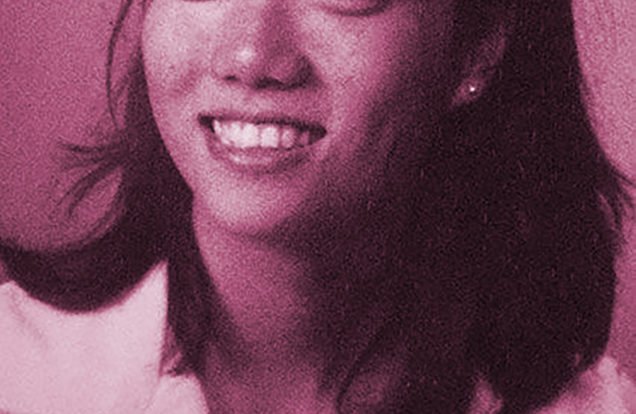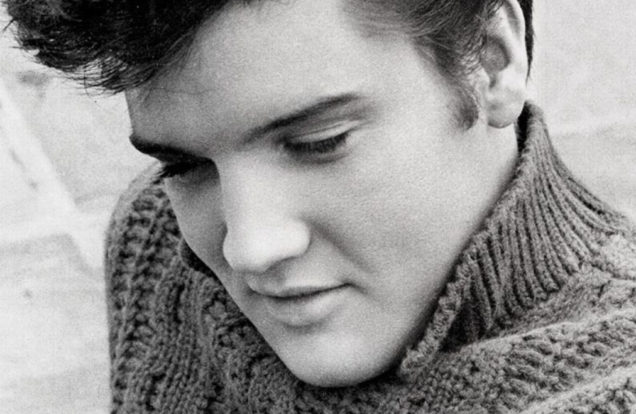Hello, Gorgeous
Oscar's Ultimate Speeches: Colman to Hitchcock
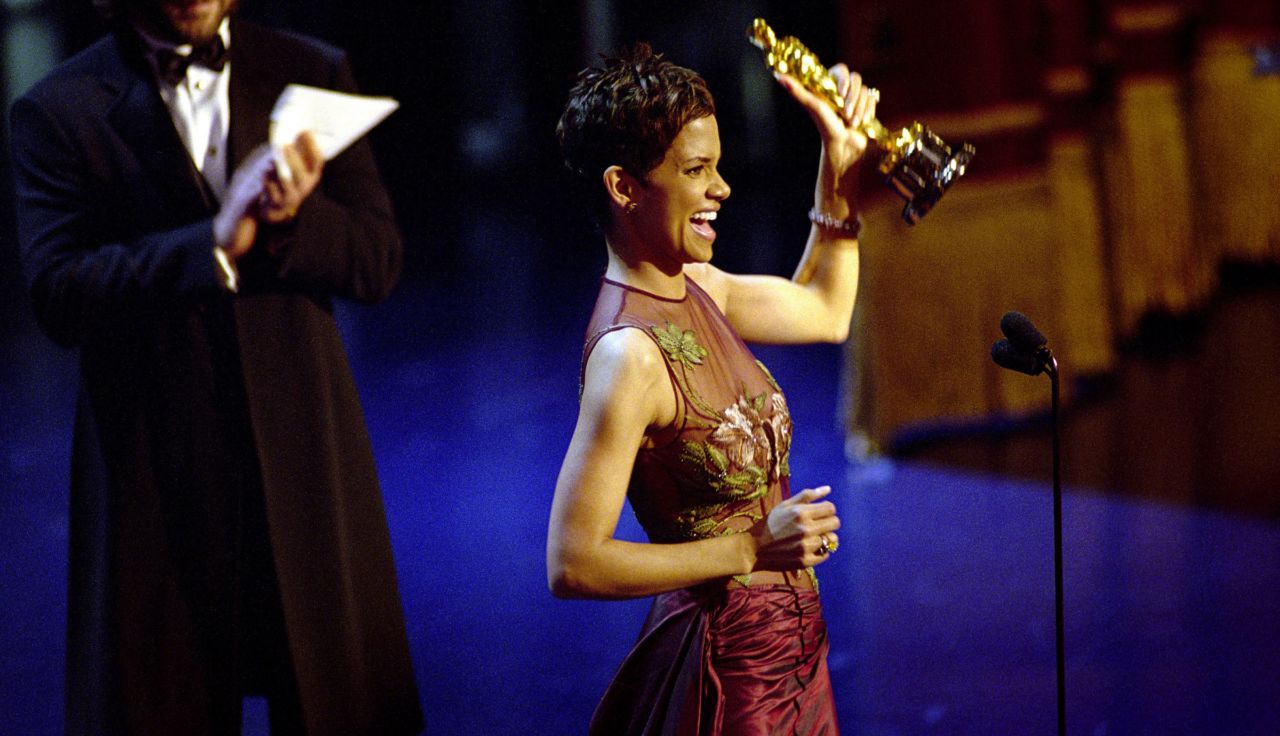
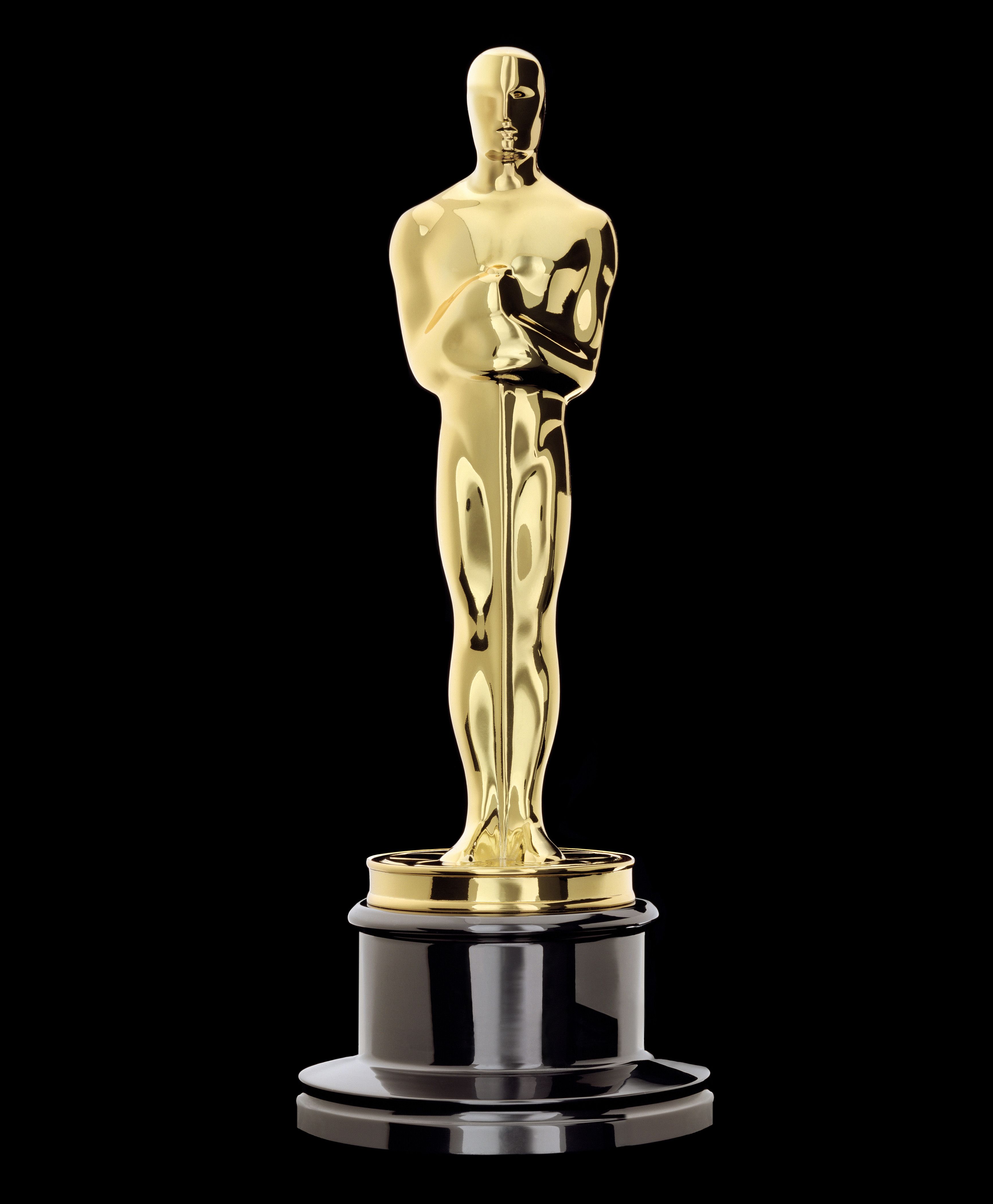
Who wasn’t pleasantly surprised by the recent Oscar telecast, the first to be conducted without a host? Without the intrusion of stale comedy bits and cringe-worthy moments like Seth MacFarlane singing Show Us Your Boobs to Meryl Streep and Naomi Watts at the 2013 ceremony, we were able to celebrate and more importantly, concentrate on the talented people being honored and what they had to say.
Perhaps the most delightful sentiments were from Best Actress winner, Olivia Colman, whose off-the-cuff comments were as unexpected as her Oscar win. Conjuring up Liza Minnelli circa Tell Me That You Love Me Junie Moon, she acknowledged that, “It’s actually quite stressful” before admitting, “It’s hilarious…I’ve got an Oscar.” Then, razzing the producer who was indicating it was time to wrap it up, she added, “This is not going to happen again.”
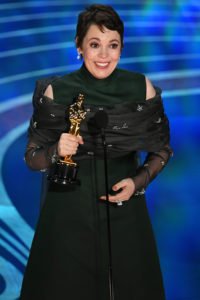
Another memorable moment from the 91st Academy Awards show was from director Rayka Zehtabchi, whose film Period. End of Sentence won for Best Documentary. Fighting back tears, she said “I’m not crying because I’m on my period or anything. I can’t believe a film about menstruation just won an Oscar!” Frankly, neither can I.
While their work transforming Christian Bale into Dick Cheney in Vice was Oscar-worthy, Gregg Cannom, Kate Biscoe and Patricia Dehaney who took home the honor for Best Makeup and Hairstyling, also earned the award for the worst acceptance speech, perhaps of all time. Their painful, rambling speech was made even more insufferable by Ms. Biscoe, who must have left her glasses in the limo and waved a list of who they had to thank. Note to future winners: when there are multiple recipients, the most articulate and best-sighted, should be named accepter.
Acknowledging that paring down the years of work it takes to make a film to the ninety seconds allotted the winners is an Olympian task and one that winners in the major categories rarely adhere to, we celebrate some of the most memorable Oscar speeches.
Who could ever forget a hyperventilating Frances McDormand at the 2018 awards inviting all the female nominees to get out of their seats and “stand with me,” before urging the audience to “look around because we all have stories to tell.” The two-time Oscar winner ended with a rousing cry, “Inclusion rider,” which refers to a contractual clause demanding at least 50 percent diversity not only in front of the cameras, but behind them as well.
A similar feminist theme was evident four years earlier when Cate Blanchett accepting her Best Actress award for Blue Jasmine, called out “those of us in the industry, who are still foolishly clinging to the idea that female films, with women at their center, are still niche experiences.”
Oscar night has always provided its winners with a worldwide pulpit. Perhaps none so famous as the 1973 ceremony. Before presenting the Best Actor statuette to Marlon Brando for his role in The Godfather, Swedish actress Liv Ullman quoted filmmaker Ingmar Bergman, “Often to be most eloquent is to be silent.” Little did she know that what was to follow was destined to become perhaps the most famous metaphoric silence in Oscar history.
Brando, a no-show at the Dorothy Chandler Pavilion, ceded his time to Sacheen Littlefeather, president of the National Native Americans Affirmative Image Committee who, holding up a hand to refuse the award, was met with boos when she informed the audience, “He (Brando) has asked me to tell you…that he very regretfully cannot accept this very generous award. And the reasons for this being are the treatment of American Indians today by the film industry and on television.”

Leonardo DiCaprio ended his The Revenant Best Actor speech with a message about global warming. Under the watchful eye of Vice President Joe Biden, he said, “Climate change is real, it is happening right now. It is the most urgent threat facing our entire species. We need to work collectively together and stop procrastinating and to support leaders around the word
who do not speak for big polluters and the big corporations, but who speak for all of humanity…. Let us not take this planet for granted.”
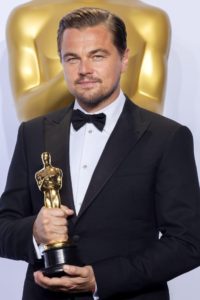
When Halle Berry became the first woman of color to win the Best Actress award for her role in Monster’s Ball, she was crying before she even got to the podium where she collapsed in Russell Crowe’s arms. Accepting the award, she claimed, “This moment is so much bigger than me. This moment is Dorothy Dandridge’s, Lena Horne’s, Diahann Carroll’s. It’s for all the women who stand beside me – Jada Pinkett, Angela Bassett, Vivica Fox. It’s for every nameless, faceless woman of color that now has a chance because this door tonight has been opened.”
But Oscar speeches aren’t always cause-related. Sometimes, they’re just funny. When six-time nominee Shirley MacLaine won her Oscar for Terms of Endearment she told the crowd, “I’m going to cry because this show has been as long as my career.” Besides uttering her iconic “Hello, gorgeous” to her Oscar for her turn in Funny Girl, one of six times there was a tie in the Academy Awards, Barbra Streisand joked, “The first script of Funny Girl was written when I was only eleven years old. Thank God it took so long to get it right.”
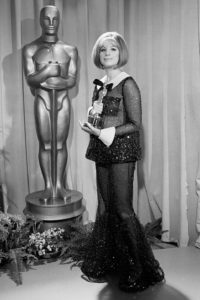
Accepting his award for One Flew Over the Cuckoo’s Nest, Jack Nicholson said, “I guess this proves that there are as many nuts in the Academy as anywhere else”. Perhaps because his incalculable contributions to the film industry were in silent movies, legendary filmmaker Charlie Chaplin was fairly speechless when he received an honorary Oscar in 1972. To cries of “Bravo!” from the audience, he humbly bowed his head and said, “Words seem futile. I can only say thank you.”

Mr. Chaplin was not the only one who practiced brevity at the microphone. When accepting his Best Supporting Actor award for GoodFellas, Joe Pesci spoke only six words – “It was my privilege. Thank you.” Similarly, director Alfred Hitchcock’s walk to the podium took more time than his speech, which consisted of five words, “Thank you, very much indeed.”
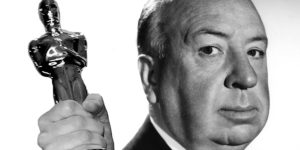
When sixteen-year-old Patty Duke became the youngest Oscar-winner for her role in The Miracle Worker, she merely said, “Thank you.” In contrast, Greer Garson’s 5:30 speech at the 1942 ceremony was the longest in Oscar history.
Long or short, political or funny, most Oscar speeches are quickly forgotten. But two have left indelible marks on the public psyche. The first took place in 1985 when Sally Field won her second Best Actress award. The actress acknowledged, “I’ve wanted nothing more than to have your respect.” Citing her first win for Norma Rae, she said, “The first time I didn’t feel it, but this time I feel it. I can’t deny the fact that you like me. Right now, you really like me.”
When Adrian Brody climbed onto the stage in 2003 to accept the award for his performance in The Pianist, he caught presenter Halle Berry unaware and gave her a deep, soulful kiss. When he released the stunned actress he said, “I bet they didn’t tell you that was in the giftbag!”
With the 2019 awards now in the history books, we can look forward to next year’s ceremony, hosted or not, and to a new crop of Oscar hopefuls whose impromptu utterances we’ll be talking about, perhaps eternally.

